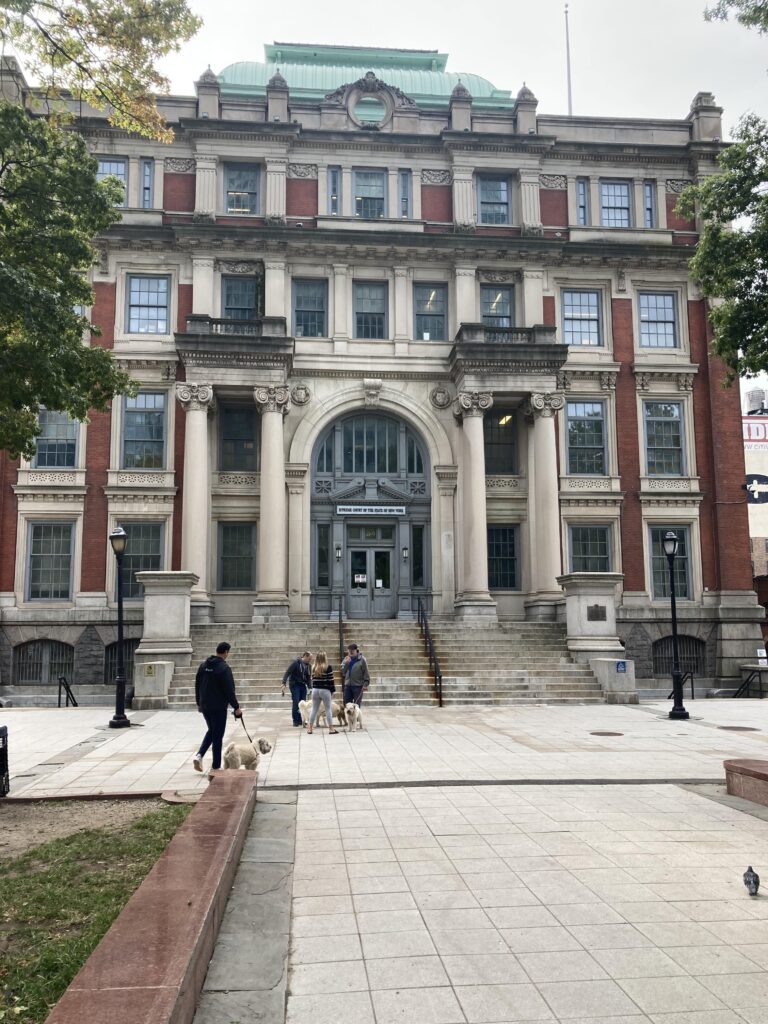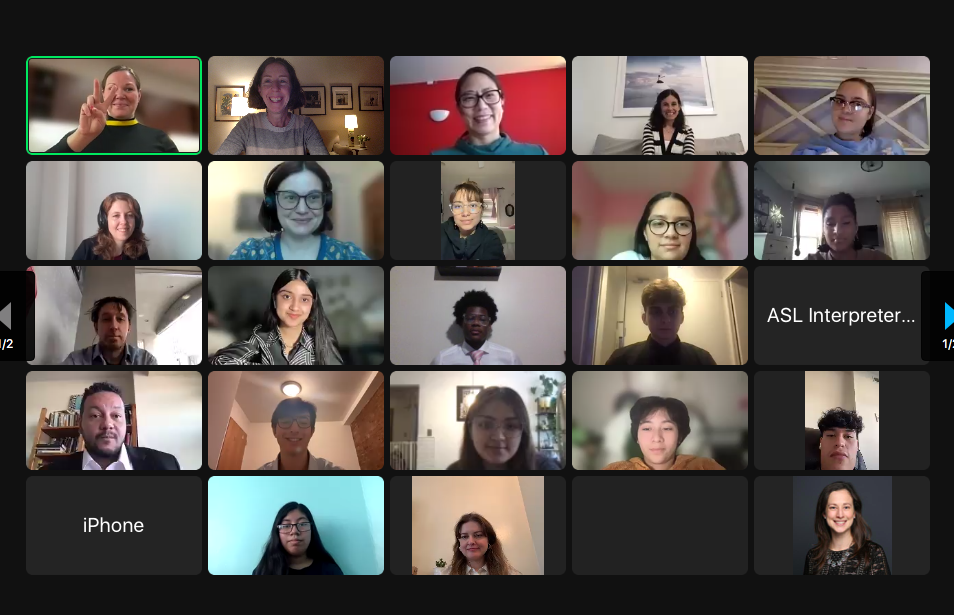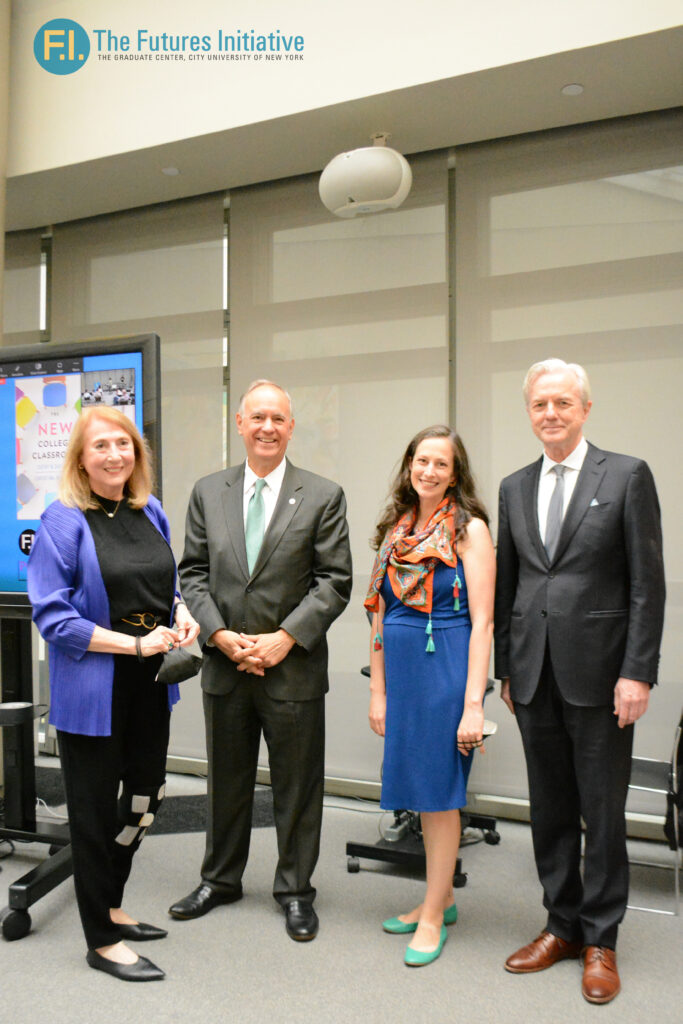Organized by Sarah Bishop (Baruch College), Susan Kuhn (Queens College); Victoria Perez-Rios (John Jay College), and Amy Traver (Queensborough Community College).
Unconscious bias is a human reflex to make assumptions about people that aren’t necessarily true. This tendency affects society as a whole, limits our understanding of others, and holds us back from achieving the best possible outcomes across all fields of discipline, ranging from business to sociology, communication to criminal justice. As educators in the liberal arts, the four of us were interested not only in the effect of this phenomenon in our respective fields, but also how it affects our classrooms, our students, and our communities. We wanted to study this in partnership with our students, in the hope and belief that real change is possible when deeply rooted in thoughtful and inclusive educational practices.
As teachers, we recognize that true learning takes place when knowledge is absorbed, engaged with, and applied. We undertook this process together with our students through a series of structured, scaffolded learning opportunities. On April 1, we attended a book talk via Zoom, sponsored by the University of Buffalo Gender Institute, featuring Jessica Nordell, author of The End of Bias: A Beginning – The Science and Practice of Overcoming Unconscious Bias. In our individual classrooms, we continued the discussion as it pertained to our disciplines, and then invited students to produce short videos of themselves sharing some of their unconscious bias experiences or learning outcomes. Our ultimate project was a one-hour, student-led live panel discussion on this topic, with a supporting student audience, held at John Jay College on Thursday, April 21.
The local television show presented here represents a compilation of the taped student panel discussion (including audience participation) and the video uploads. The content is entirely driven by the concerns and voices of our students at Baruch, Queens, QCC and John Jay. They share personal stories and reflect on how unconscious bias affects them in their families, neighborhoods and perspective careers. The show was edited, produced and directed by John Jay graduate student Masha Wickramasinghe. We professors, having ignited the discussion, are now audience members learning from our students.
Our CUNY motto states “The education of free people is the hope of humanity.” All of us involved in this project have learned a great deal about unconscious bias, and we believe the conversation has only started. We hope you enjoy learning more about this too, and that from this hope blooms change. Enjoy the show!
*A link to view the TV Show is forthcoming, it will be added to this blog post this June!









